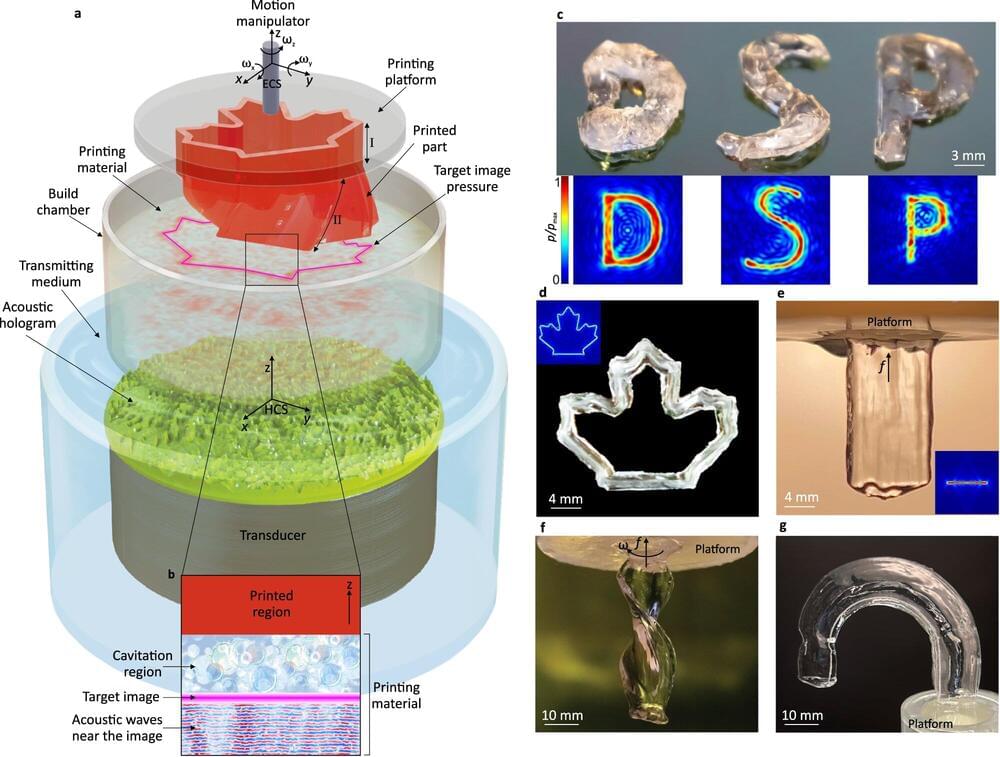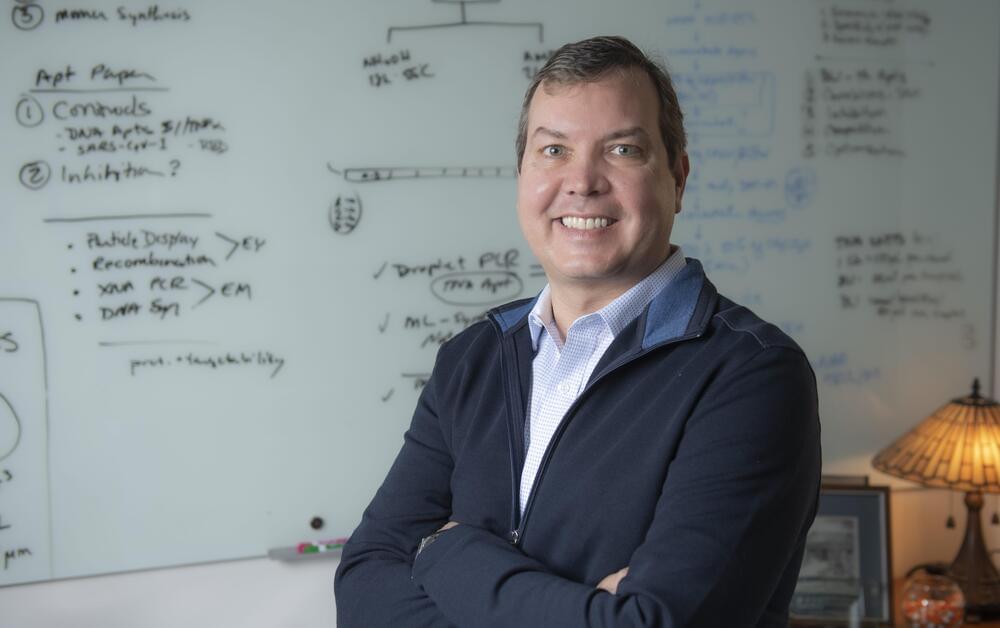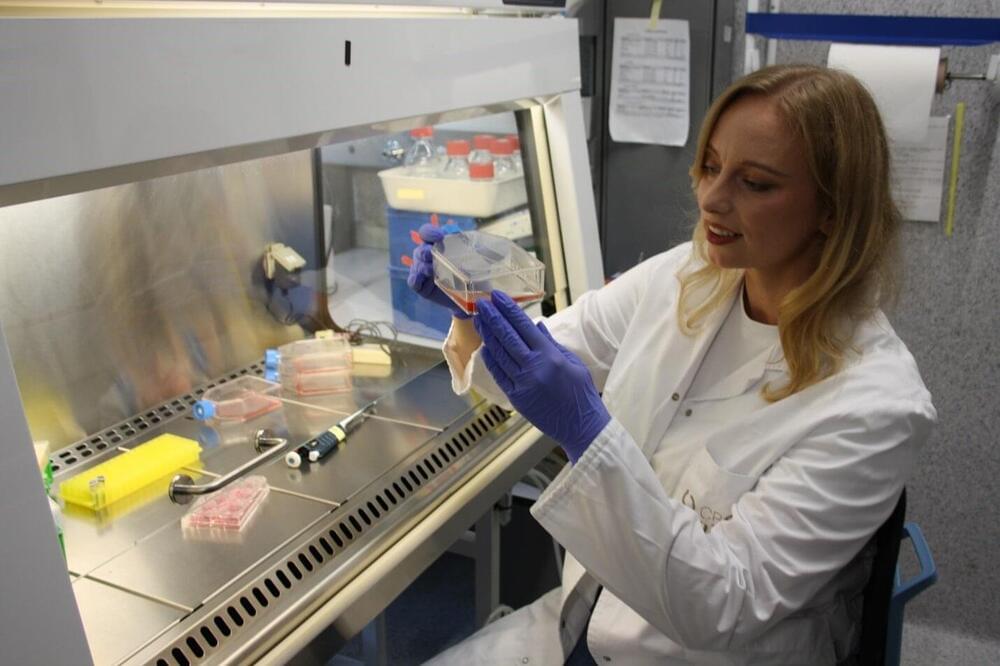NASA’s Curiosity rover, currently exploring Gale crater on Mars, is providing new details about how the ancient Martian climate went from potentially suitable for life – with evidence for widespread liquid water on the surface – to a surface that is inhospitable to terrestrial life as we know it.
Although the surface of Mars is frigid and hostile to life today, NASA’s robotic explorers at Mars are searching for clues as to whether it could have supported life in the distant past. Researchers used instruments on board Curiosity to measure the isotopic composition of carbon-rich minerals (carbonates) found in Gale crater and discovered new insights into how the Red Planet’s ancient climate transformed.
“The isotope values of these carbonates point toward extreme amounts of evaporation, suggesting that these carbonates likely formed in a climate that could only support transient liquid water,” said David Burtt of NASA’s Goddard Space Flight Center in Greenbelt, Maryland, and lead author of a paper describing this research published October 7 in the Proceedings of the National Academy of Sciences. “Our samples are not consistent with an ancient environment with life (biosphere) on the surface of Mars, although this does not rule out the possibility of an underground biosphere or a surface biosphere that began and ended before these carbonates formed.”








